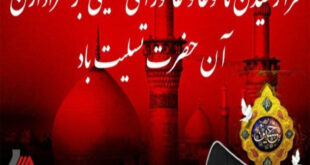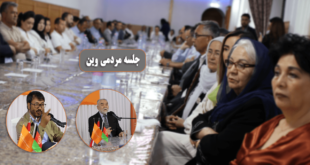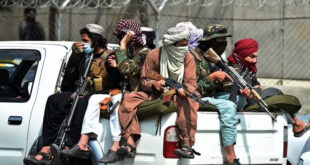In the past two weeks, three international conferences with the participation of prominent figures and theorists opposed to the Taliban have been held in Tehran, Moscow, and in Dushanbe. The International Conference on ‘Resistance Dynamics’ took place in Tehran, the International Conference on Afghanistan: Between the Past and the Future’ in Moscow, and the 11th Herat Security Session titled ‘Revisiting Afghanistan, Different Solutions’ in Dushanbe. Opponents of the Taliban, including political leaders, former government officials, members of civil society, writers, and researchers, extensively participated in these sessions, discussing the current situation in Afghanistan and ways to move towards the future. The main question is: What is the most important message of these conferences? And is Afghanistan and the region entering the post-Taliban era?
It seems that the Taliban’s failure to capitalize on opportunities over the past two years has left the people of Afghanistan, regional countries, and even the supporters of the Taliban disillusioned. Instead of striving to initiate national dialogue, draft a constitution, create a framework for elections and universal participation in political processes, respect human rights and women’s rights, and curb international terrorists, the Taliban, on the contrary, have intensified their monopolization of power. They have excluded ethnicities and women from all political and social spheres, waged a war against the culture, history, and language of the Afghan people, and supported international terrorists.
The severe economic crisis in Afghanistan, the mass exodus of people from the country, widespread corruption in the Taliban administration, and the continued failure of the Taliban to gain national and international legitimacy have resulted in a profound crisis. This has paved the way for comprehensive measures towards post-Taliban Afghanistan.
.
The political structure of Russia, Tajikistan, and Iran do not permit armed and political opponents of the Taliban to speak and campaign against the Taliban at a high level in these countries without the approval of the governments and political systems of these entities. The organization of these series of sessions, which overtly expressed the anger and resentment of the Taliban, indicates that regional countries have been compelled to recognize that the Taliban, as pretended, have not changed fundamentally. They fundamentally lack the idea of ensuring stability, forming an inclusive government, respecting the political rights of ethnicities and minorities, and combating international terrorists. The tension in the relations between Pakistan and the Taliban, leading to the crisis of expelling migrants from this country, shows that the Taliban do not have a plan for peaceful coexistence even with their strongest supporter. Instead, they allow groups like the TTP to operate and conduct operations against Pakistan.
Considering the aforementioned points, it seems that opponents of the Taliban are in the process of organizing and coordinating a strategic approach with the support of the people of Afghanistan and the welcome of regional and even global countries. If the Taliban’s interaction with the people of Afghanistan, the region, and the world does not change, a new chapter in the country’s history may unfold sooner than expected
مطلب پیشنهادی
دوام طالب یا عمومی شدن وحشت در جهان!
دوام حکومت طالبان در افغانستان به معنای تداوم و تشدید تهدید در جهان است و …
 حزب شهروندان افغانستان وبسایت رسمی حزب شهروندان افغانستان
حزب شهروندان افغانستان وبسایت رسمی حزب شهروندان افغانستان



